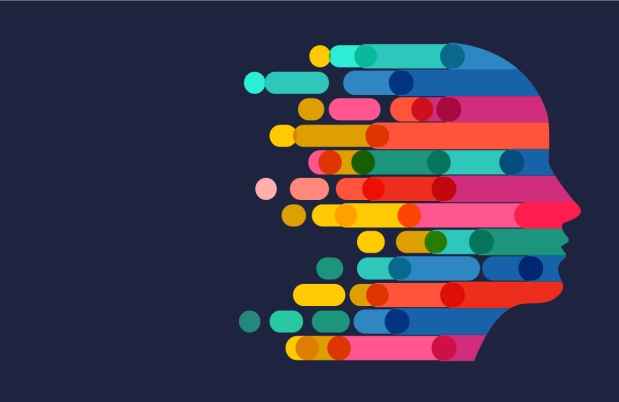Lecture – Gabapentin and Aligning Evidence With Current Use
Available with English captions.
Presented by Carol Aboud, PharmD, RPh; Andrew Karas, PharmD, BCPP; and David Snyder, PharmD, BCPP, McLean Hospital – McLean Forum lecture
Developed in the 1970s, gabapentin was originally FDA-approved for use as an anticonvulsant. Due to a varied number of off-label uses and mild side effects at clinically appropriate doses, gabapentin’s use in the U.S. has expanded dramatically over the last decade.
Today, gabapentin is one of the most prescribed medications in psychiatry. The drug has been prescribed to address a range of conditions, including bipolar disorder, social anxiety disorder, and several substance use disorders.
Watch now to learn more about:
- Clinical pharmacology of gabapentin and its mechanism of misuse
- Evidence for gabapentin’s many off-label uses
- Trends of gabapentin prescribing in the McLean community compared with national prescribing trends
A 2016 study found that gabapentin was prescribed 64 million times, making it the 10th-most-prescribed medication in the U.S.
Unfortunately, this increase in prescriptions has led to an increase in gabapentin misuse at high doses and especially in combination with other prescription and illicit substances. Misuse of the drug has been shown to produce suicidal behavior and breathing issues. In response, some states have scheduled gabapentin as a controlled substance. The FDA has also issued warnings about its use.
In this presentation, members of the McLean Hospital Clinical Pharmacy team review pharmacokinetic, pharmacodynamic, and FDA-approved indications for gabapentin.
They discuss and evaluate available evidence for off-label usage of gabapentin for bipolar disorder and anxiety disorder. Presenters report that some studies into the effectiveness of the drug revealed mood changes. Research also showed potential benefits for acute mania, depression, and relapse prevention.
They also look at studies into gabapentin’s efficacy in addressing substance addiction. Although some research suggests that the drug can help with some symptoms related to substance use disorder, the fact that gabapentin can enhance the perceived effects of other drugs can lead to misuse and dependence.
Based on these studies, as well as a review of the uses of gabapentin at McLean, the presenters offer guidance to clinicians on the best uses of the drug. They also present recommendations for mitigating the misuse of gabapentin.



